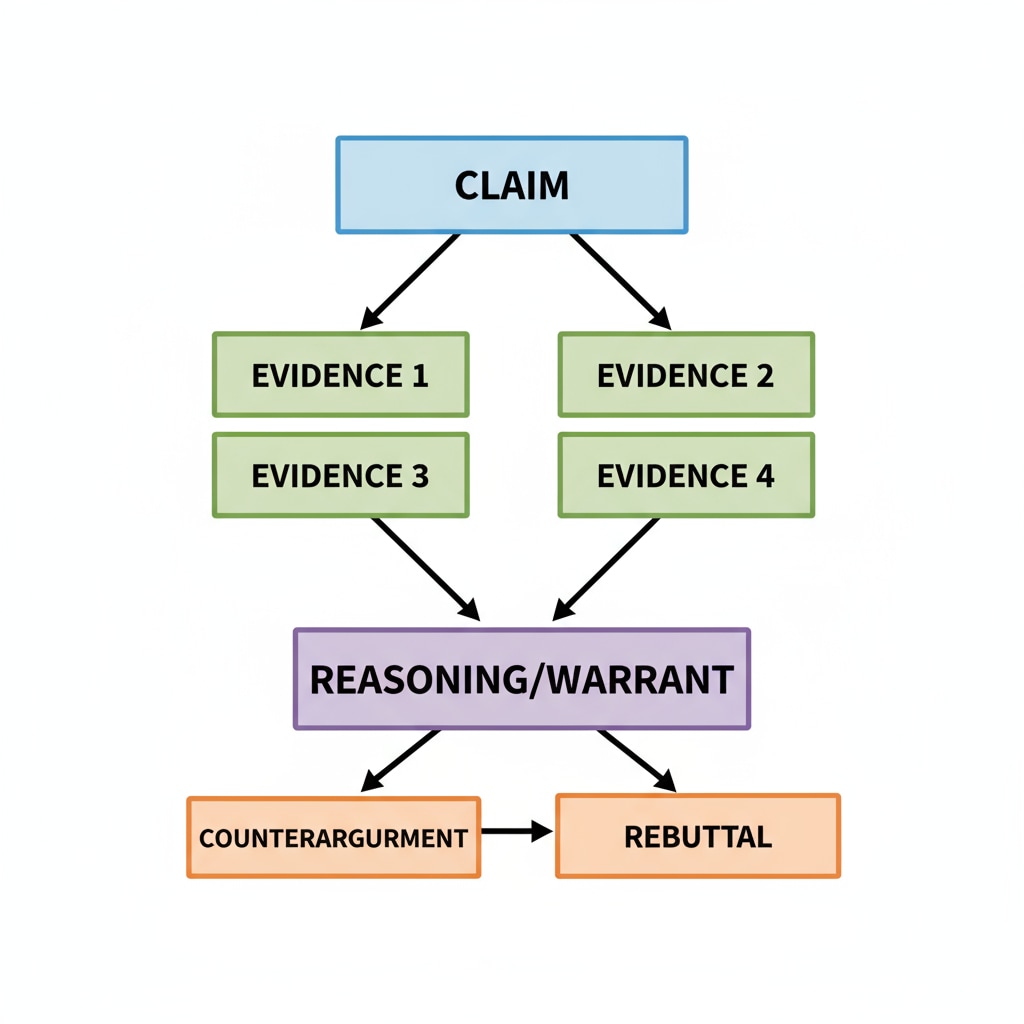Report writing, scoring criteria, and academic writing are crucial aspects for high school students aiming to excel in their studies. Many 10th graders find themselves stuck at a 3.5 score and are eager to break through this bottleneck. In this article, we will explore six effective strategies to enhance your academic report writing and achieve better scores.

Understand the Scoring Criteria Thoroughly
Before you start writing, it’s essential to know exactly what the graders are looking for. Different schools or teachers may have slightly different criteria, but generally, they assess aspects such as content accuracy, logical structure, and language proficiency. For example, according to Education.com’s academic writing standards for high school, content should be well-researched and relevant. By understanding these requirements clearly, you can tailor your writing to meet the expectations. This way, you’ll be on the right track from the beginning.
Strengthen the Argument Structure
A strong argument structure is the backbone of a good academic report. Organize your thoughts and ideas in a logical manner. Start with a clear introduction that presents your main thesis. Then, in the body paragraphs, provide evidence and reasoning to support your argument. Each paragraph should have a central idea and flow smoothly into the next. For instance, if you’re writing a report on environmental protection, you could present different solutions in separate paragraphs and explain how they contribute to the overall goal. As Purdue OWL’s guide on academic writing emphasizes, a well-structured argument makes your report more persuasive.

Another important aspect is to use appropriate transitions between paragraphs and ideas. Words like “however,” “therefore,” and “in addition” can help create a seamless connection, making it easier for the reader to follow your train of thought.
Readability guidance: Keep paragraphs short and focused. Use bullet points or numbered lists when presenting multiple ideas to make it more organized. Limit the use of long sentences and avoid passive voice as much as possible.
Enhance Language Quality
Your choice of words and sentence structures can significantly impact your score. Use a variety of vocabulary to express your ideas precisely. Avoid using overly simple or repetitive words. For example, instead of always using “good,” you can use words like “excellent,” “superb,” or “outstanding.” Also, work on constructing complex yet clear sentences. However, don’t overdo it; make sure your sentences are still easy to understand. Grammar and spelling mistakes should be minimized at all costs as they can make your report seem less professional.
Conduct In-depth Research
Well-researched content adds credibility to your report. Use reliable sources such as academic journals, books, and reputable websites. Make sure to take notes and properly cite your sources to avoid plagiarism. When researching, look for different perspectives on the topic. This will not only make your report more comprehensive but also show your critical thinking skills. For example, if you’re writing about a historical event, read accounts from different historians to get a more well-rounded view.
Seek Feedback and Revise
Don’t be afraid to ask your teachers, classmates, or parents for feedback on your draft. They may offer valuable insights that you might have missed. Once you receive feedback, take the time to revise your report carefully. Pay attention to both content and language issues. Make the necessary changes to improve the overall quality of your writing. Revision is an essential part of the writing process, and it can make a big difference in your final score.
Plan and Manage Your Time Wisely
Academic report writing requires proper planning and time management. Break down the writing process into smaller tasks, such as research, outlining, writing the first draft, and revising. Set realistic deadlines for each task. This way, you won’t be rushed at the last minute and can produce a high-quality report. For example, allocate a specific amount of time for research in the first few days, then spend a few days on outlining and writing the draft, and finally, leave enough time for revision.
In conclusion, by implementing these six strategies – understanding the scoring criteria, strengthening the argument structure, enhancing language quality, conducting in-depth research, seeking feedback and revising, and planning and managing your time – you can break through the 3.5 score bottleneck in your high school academic report writing. Keep practicing these skills, and you’ll see a significant improvement in your writing and scores. Report writing, scoring criteria, and academic writing are skills that will benefit you not only in high school but also in your future academic and professional endeavors.


